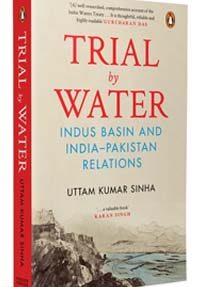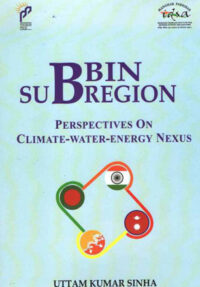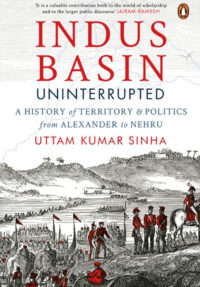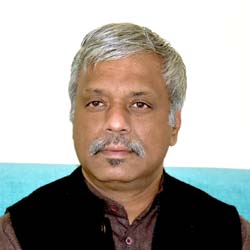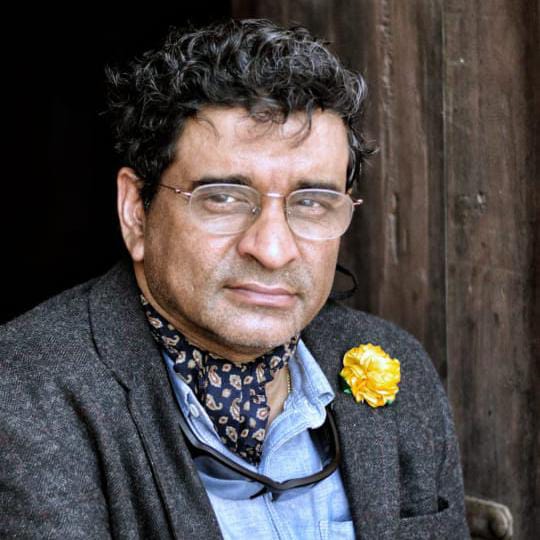Oil in China: Reserves, Production and Export Potential
The latest addition to the Chinese ‘enigma’ is its oil potential. There have been various accounts, of late, in influential journals and important documents attempting to unravel the mystery surrounding Chinese oil. As it happens, most of them have helped only to further deepen it.
- P. K. S. Namboodiri
- November 2010


